The Pan American Health Organization (PAHO) announced Monday that Canada has lost its measles elimination status, meaning the highly infectious virus is considered endemic once again in the country. The determination was made by a committee of PAHO experts, who spent last week poring over disease data to assess the measles status of countries across the entire region. The fact that Canada has lost its elimination status means that the region of the Americas overall has also lost the status, which it achieved in 2016. Of the 35 countries and territories in the region designated by the World Health Organization, Canada is currently the only country where measles is considered to be spreading endemically, though other countries, namely the US and Mexico, are headed in the same direction.
According to Dr. Carissa Etienne, Director of PAHO, "The loss of measles elimination status in Canada is a significant setback for the region. We had made significant progress in reducing measles cases, but the recent outbreaks have shown that we still have work to do." Dr. Etienne emphasized the importance of continued vaccination efforts to prevent further spread of the virus.
Measles is considered eliminated when a country can go 12 months without continuous local spread. Sporadic cases brought in from international travel can continue to occur, potentially causing limited outbreaks. However, elimination is lost when the virus begins to spread within a community, indicating a higher risk of transmission.
The measles elimination status was achieved in Canada in 1998, after a concerted effort to vaccinate the population against the virus. However, in recent years, there has been a resurgence of measles cases in the country, largely due to low vaccination rates in certain communities. According to Health Canada, the majority of measles cases in Canada have been linked to unvaccinated individuals or those who have not completed the recommended vaccination series.
The loss of measles elimination status in Canada has significant implications for the region as a whole. The Americas were the first region to achieve measles elimination, and the loss of this status is a setback for global efforts to eradicate the virus. According to the World Health Organization, measles remains one of the leading causes of vaccine-preventable deaths worldwide, with an estimated 140,000 deaths annually.
As the region moves forward, health officials are emphasizing the importance of continued vaccination efforts and public education campaigns to prevent further spread of the virus. Dr. Etienne noted that "we must work together to ensure that all individuals have access to safe and effective vaccines, and that we promote vaccination as a critical tool in preventing the spread of measles."
The current status of measles in Canada is a cause for concern, with ongoing outbreaks reported in several provinces. Health officials are urging the public to take precautions to prevent the spread of the virus, including getting vaccinated and practicing good hygiene. As the situation continues to unfold, health officials will be closely monitoring the spread of measles and working to prevent further outbreaks.






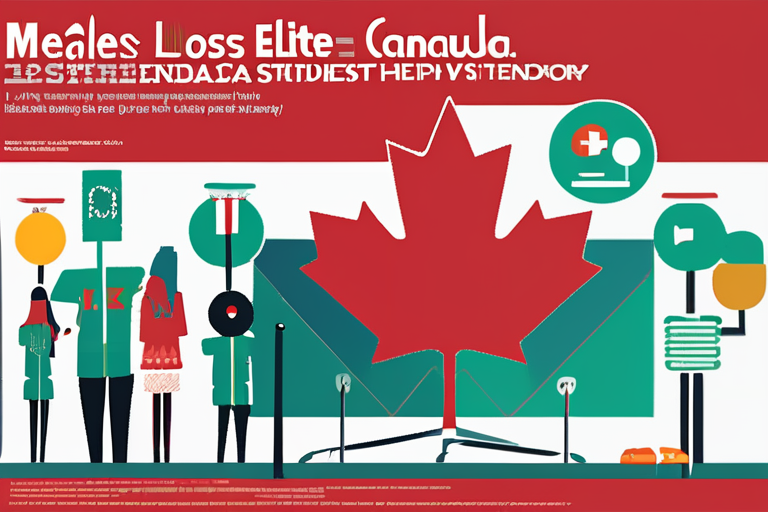



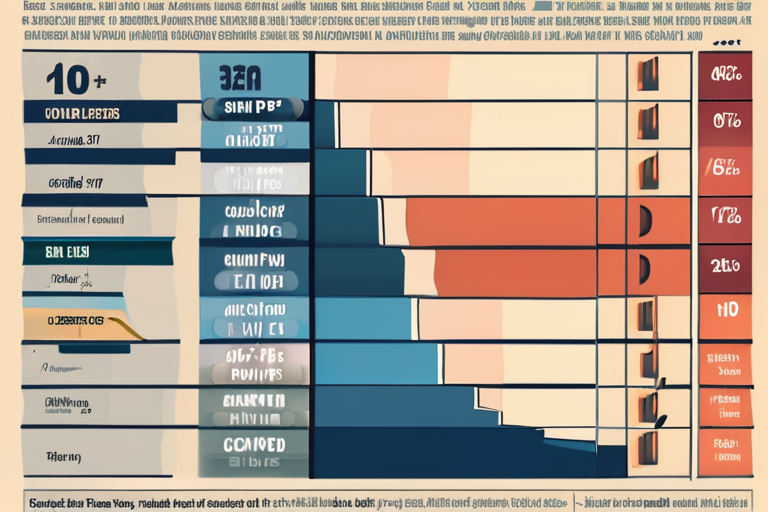





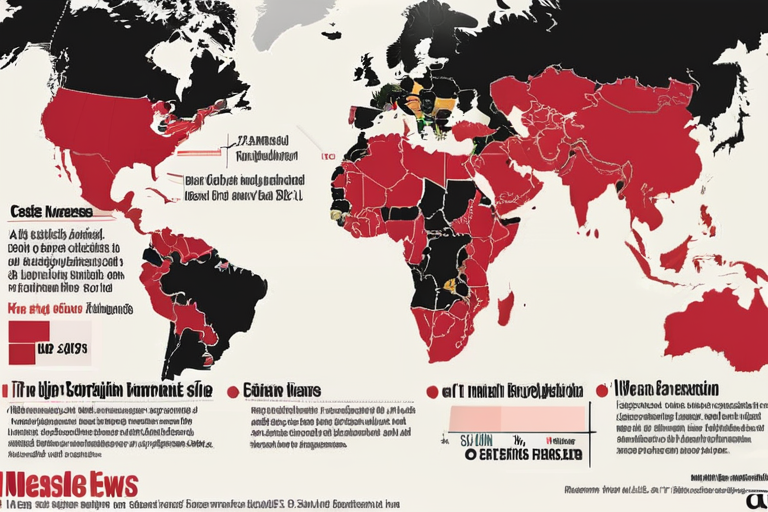



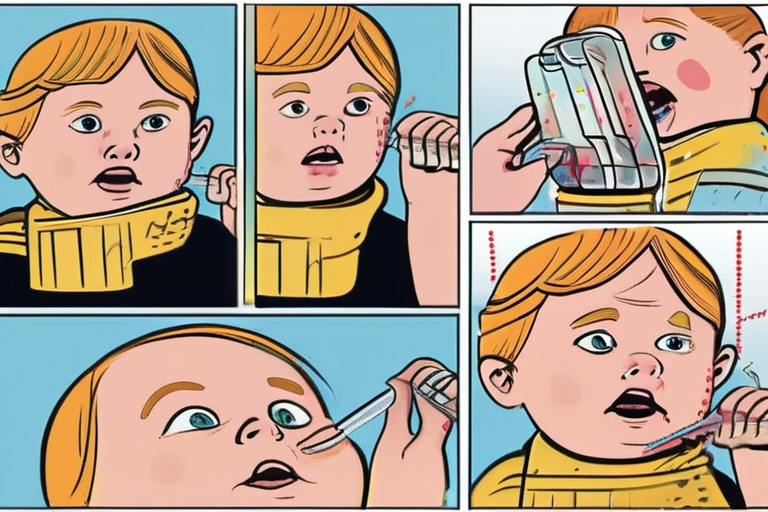
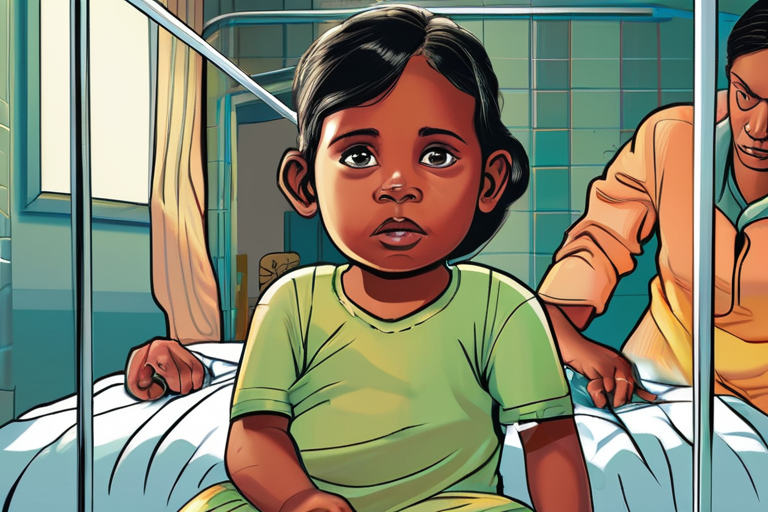



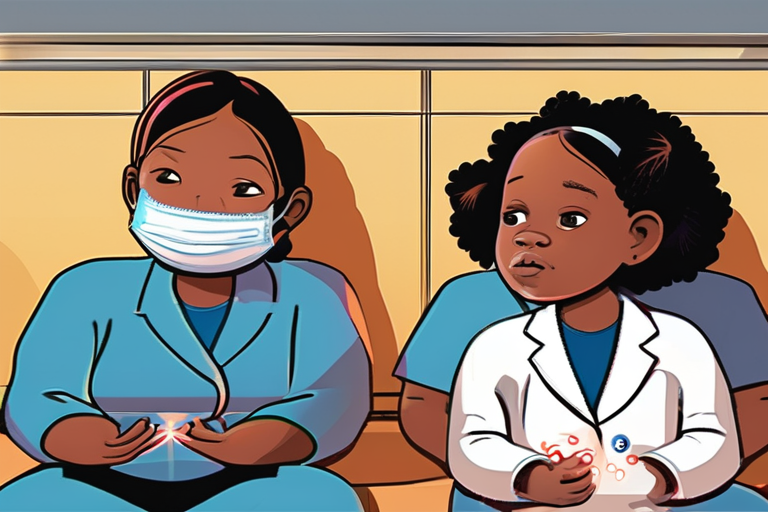
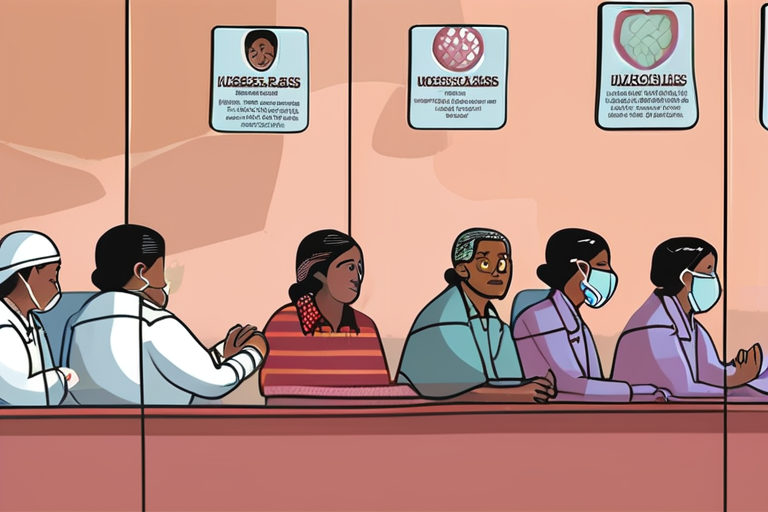
Share & Engage Share
Share this article